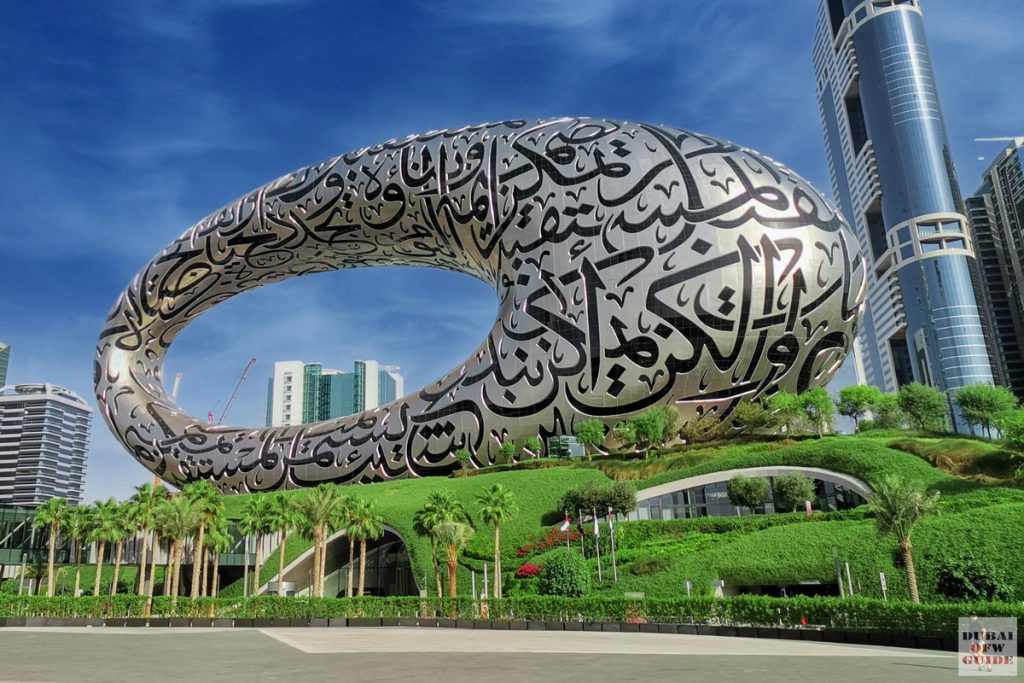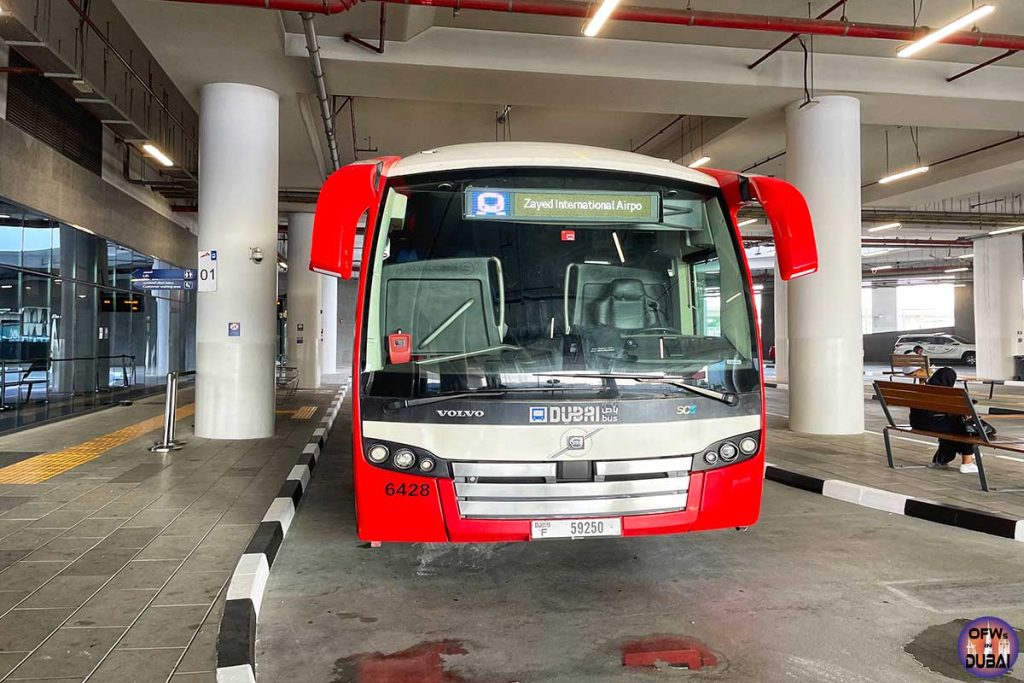As an Overseas Filipino, it’s crucial to understand the culture of the country you are entering. In the UAE, a predominantly Muslim nation, Arabic culture and traditions differ significantly from ours. Respecting and adhering to local customs and etiquette is essential. Here are the top 10 cultural etiquette tips to help you navigate life in Dubai smoothly.

Top 10 Cultural Etiquette Tips for Filipino Workers Living in Dubai
1. Dress Modestly
While Dubai is relatively liberal compared to other parts of the UAE, modest dressing is still expected, especially in public places. Women should avoid wearing revealing clothing, and men should refrain from wearing shorts and sleeveless shirts in public areas. In more conservative areas, it’s best to cover your shoulders and knees.
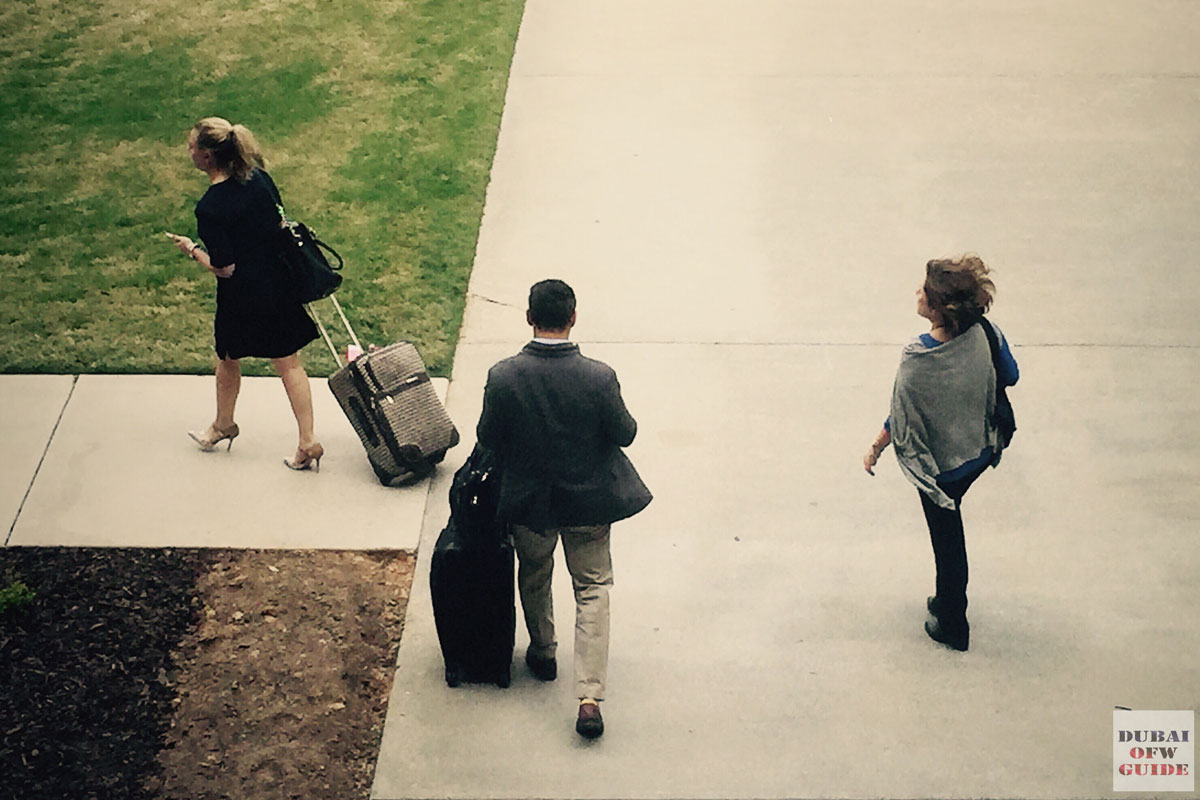
2. Respect Prayer Times
Muslims pray five times a day, and it’s important to be respectful during these times. Avoid making loud noises and playing music during prayer times. Many businesses may close briefly for prayers, so plan your activities accordingly.
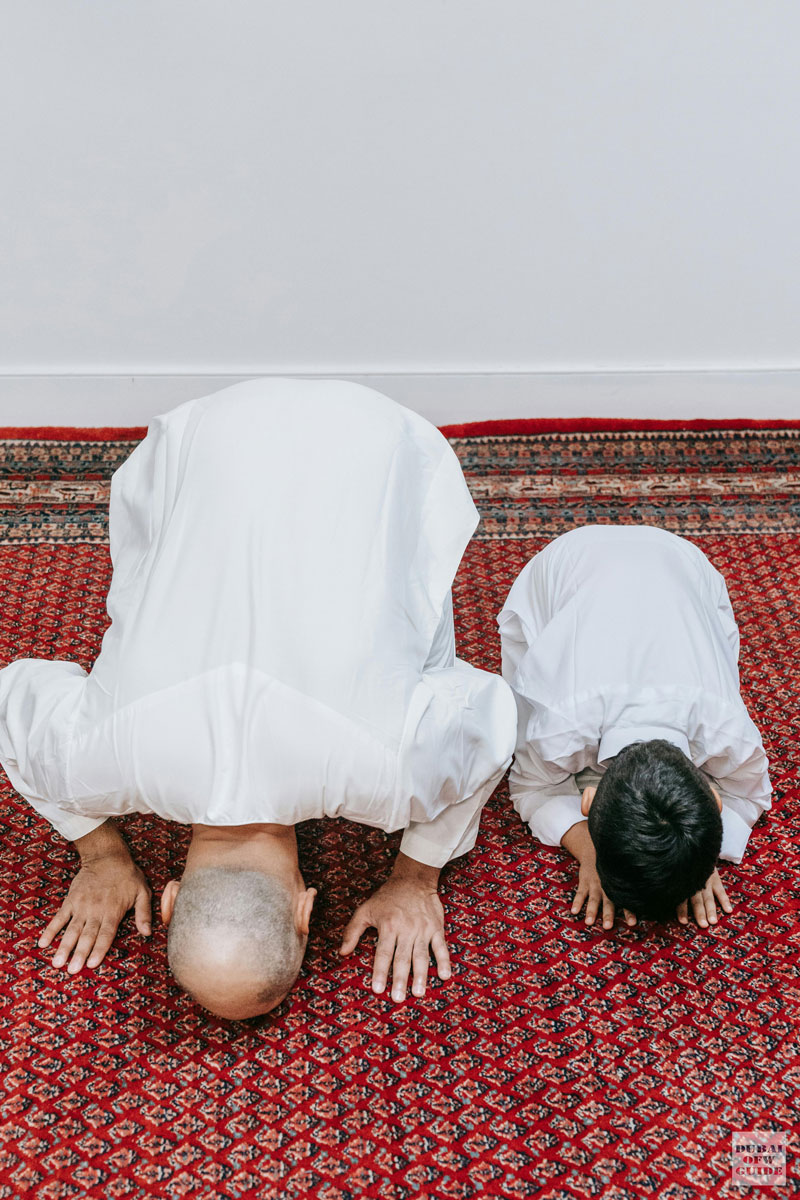
3. Mind Your Manners
Politeness and good manners are highly valued in Emirati culture. Always greet people with a smile, use “please” and “thank you,” and avoid raising your voice or using offensive language. A little courtesy goes a long way in creating positive interactions.

4. Avoid Public Displays of Affection
Public displays of affection, such as hugging and kissing, are considered inappropriate in Dubai. While holding hands may be acceptable for married couples, it’s best to err on the side of caution and keep physical affection private.
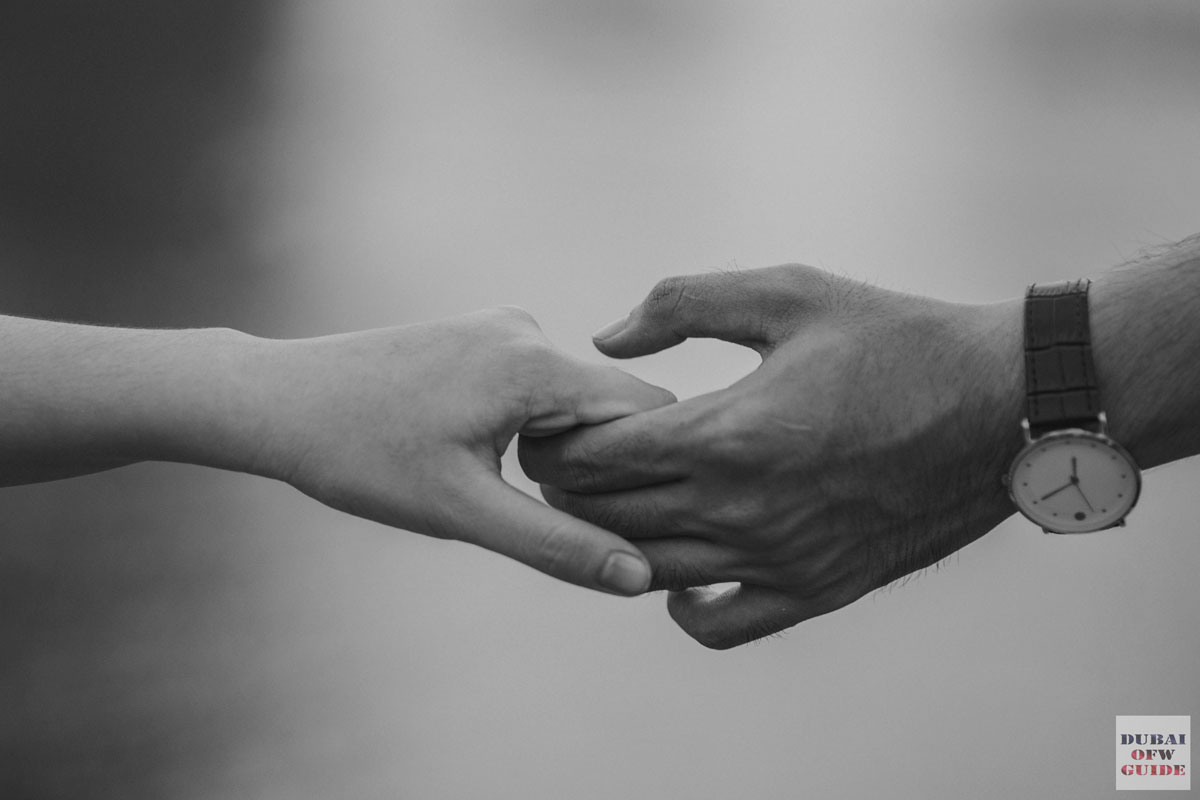
5. Be Careful with Hand Gestures
Some hand gestures that are harmless in other cultures can be offensive in Dubai. For example, avoid using your left hand for eating, handing over items, or greeting someone, as it is considered unclean. Additionally, the “thumbs up” gesture is generally positive, but pointing or beckoning with your finger is considered rude.
6. Respect Local Customs During Ramadan
During the holy month of Ramadan, Muslims fast from dawn to sunset. It’s important to be mindful of this and avoid eating, drinking, or smoking in public during daylight hours. However, you can now eat and drink in designated areas.

7. Understand the Importance of Family
Family is central to Emirati culture. Be respectful of family values and traditions, and avoid making negative comments about someone’s family. When interacting with locals, it’s common to be asked about your family as a way of building rapport.

8. Be Cautious with Alcohol
While alcohol is available in Dubai, it’s strictly regulated. Drinking in public places, being intoxicated in public, and driving under the influence are illegal and can result in severe penalties. Consume alcohol only in licensed venues and always act responsibly.

9. Learn Basic Arabic Phrases
While English is widely spoken in Dubai, learning a few basic Arabic phrases can go a long way in showing respect for the local culture. Simple greetings like “As-salamu alaykum” (peace be upon you) and “Shukran” (thank you) are always appreciated.

10. Respect Privacy and Personal Space
Emirati culture values privacy and personal space. Avoid taking photos of people, especially women, without their permission. Additionally, be mindful of personal space in public places and avoid standing too close to others.

By following these cultural etiquette tips, OFWs can ensure a respectful and positive experience while living and working in Dubai. Embracing and understanding the local customs not only fosters good relationships with locals but also enriches your experience in this dynamic city.
Related Articles:




